Toyota has unveiled ambitious plans to expand its lineup of battery electric vehicles (EVs) in Europe, aiming to introduce six models by 2026. Anticipating a significant shift in the market, the automaker aims to see over 20% of new car sales in the region attributed to these EVs within the same timeframe.
The company, acknowledging its lag behind competitors in the European market, aims to sell over 250,000 battery-powered vehicles annually in Europe by 2026. This aggressive strategy includes introducing a battery EV already in the market, along with a compact SUV concept, and introducing two new concept models slated for release later in the decade.
Toyota plans to launch a battery-powered small SUV in 2024, followed by a sports crossover model in 2025. These unveilings signify the company’s dedication to tapping into the burgeoning demand for electric vehicles in the European market.
Globally, Toyota sets an ambitious target of selling 1.5 million battery-powered vehicles annually by 2026, reflecting the brand’s global vision to embrace EV technology. Despite accounting for just 1% of Toyota’s overall sales in the first 10 months of the year, the company is aggressively ramping up its EV offerings to align with the evolving market trends.
In addition to its focus on battery-powered EVs, Toyota is intensifying its efforts in hydrogen technology. Establishing a dedicated business unit in Europe, the company aims to develop fuel-cell systems and foster commercial partnerships for hydrogen-powered vehicles.
This strategic move follows Toyota’s earlier announcement regarding a focus on hydrogen-powered trucks and cars in the European and Chinese markets. With hydrogen fuel-cell vehicles utilizing an electric motor but drawing power from a fuel stack that generates electricity from hydrogen, Toyota aims to commercialize this technology, having already sold approximately 3,500 fuel-cell vehicles globally from January to October.
Toyota’s commitment to expanding its EV portfolio and pursuing hydrogen technology underscores its resolve to embrace diverse eco-friendly alternatives in the ever-evolving automotive landscape.


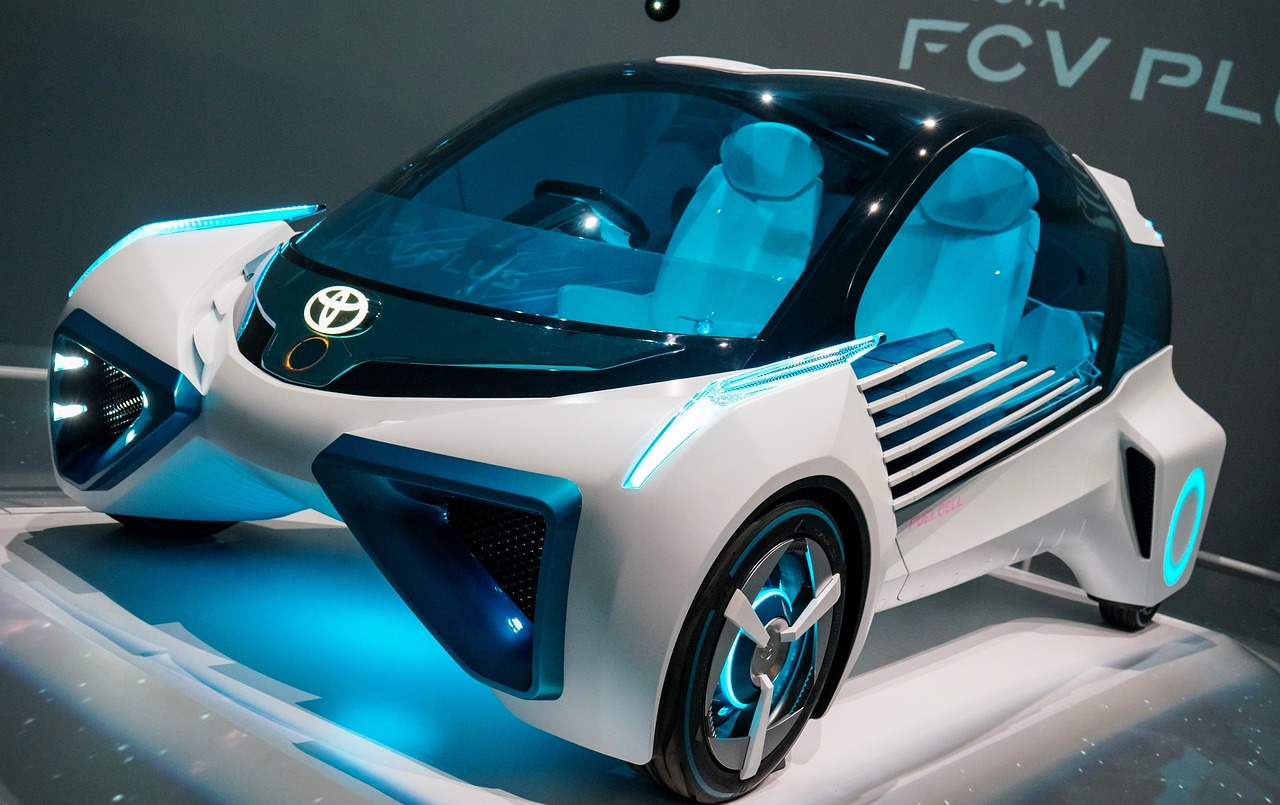

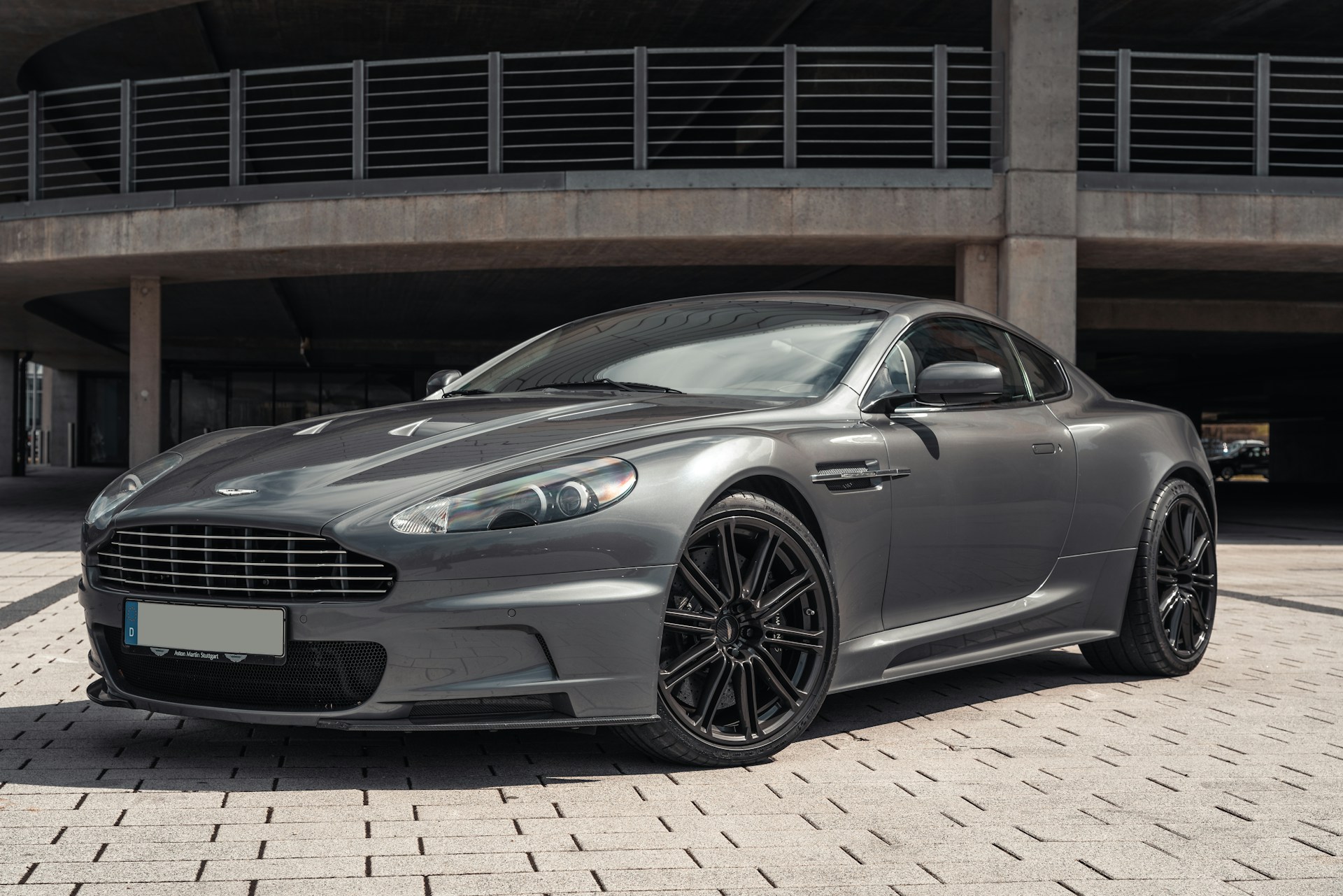
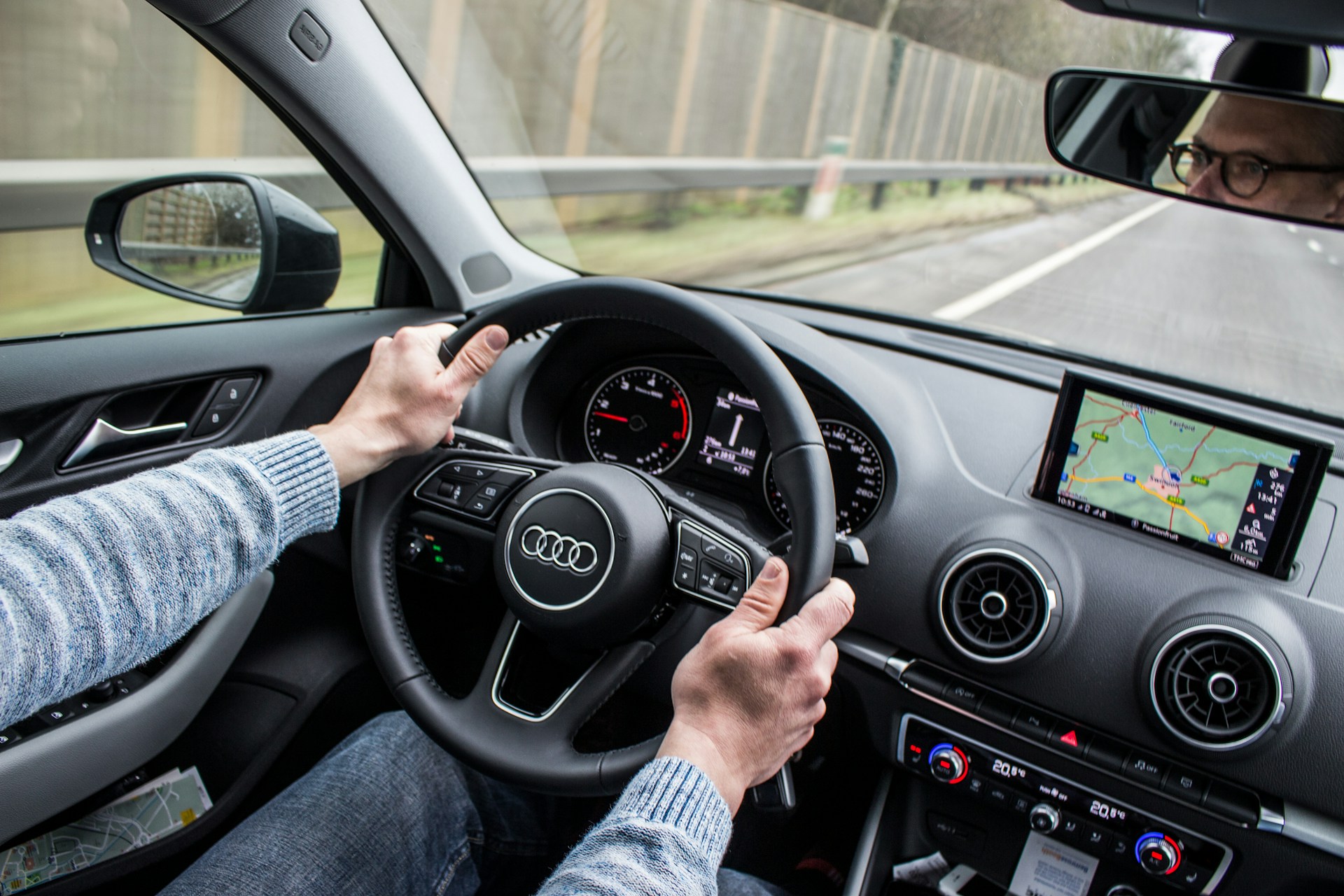
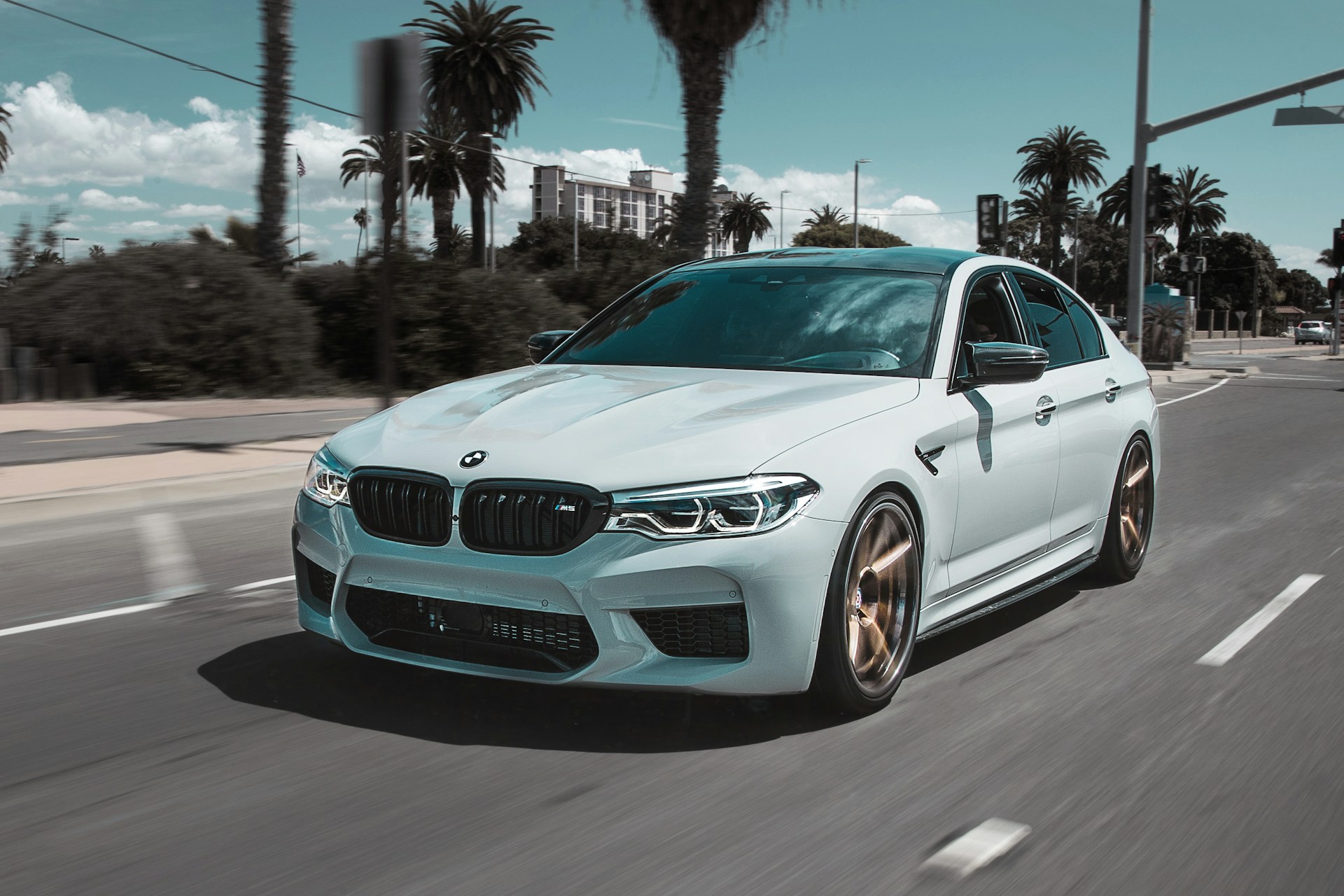
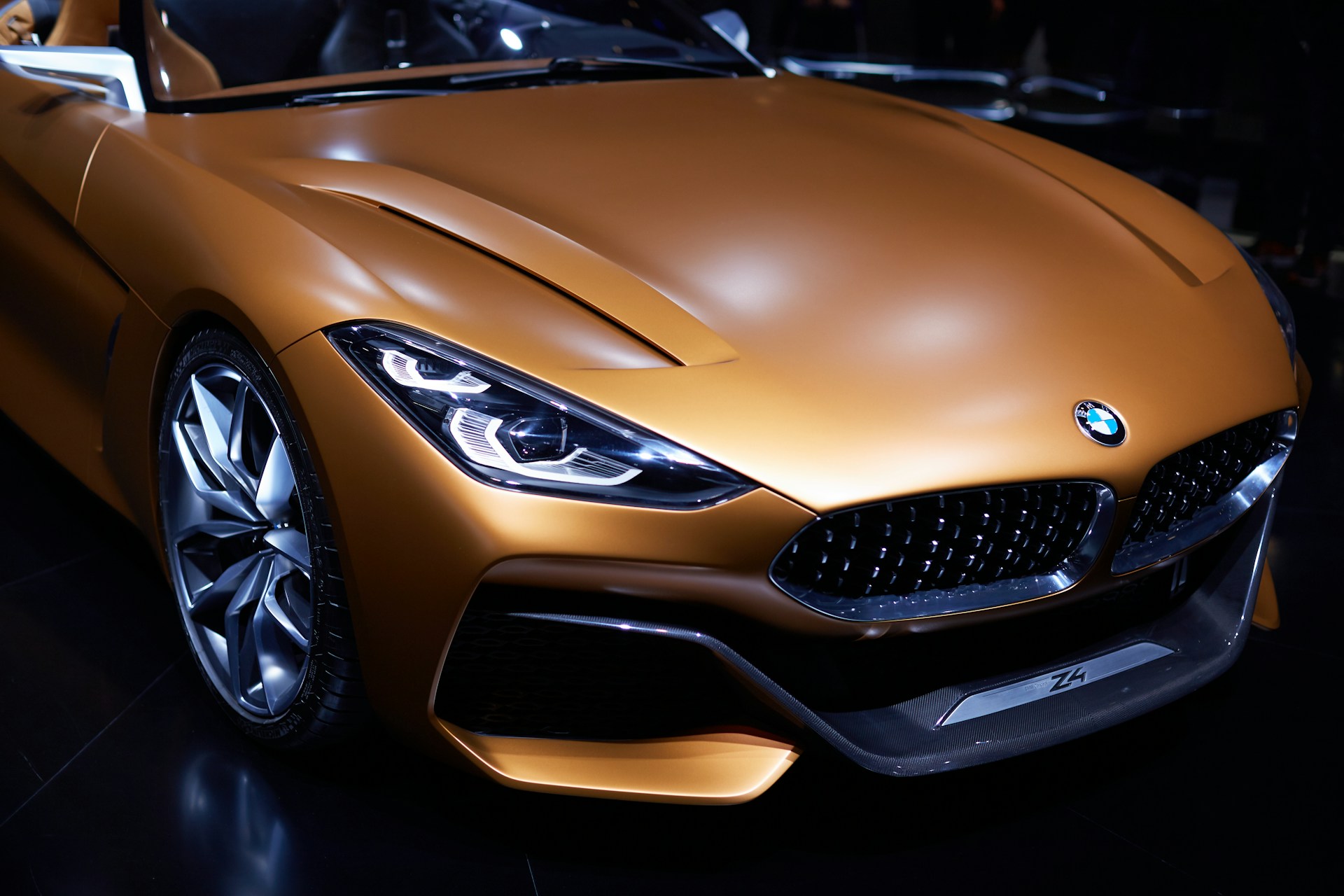
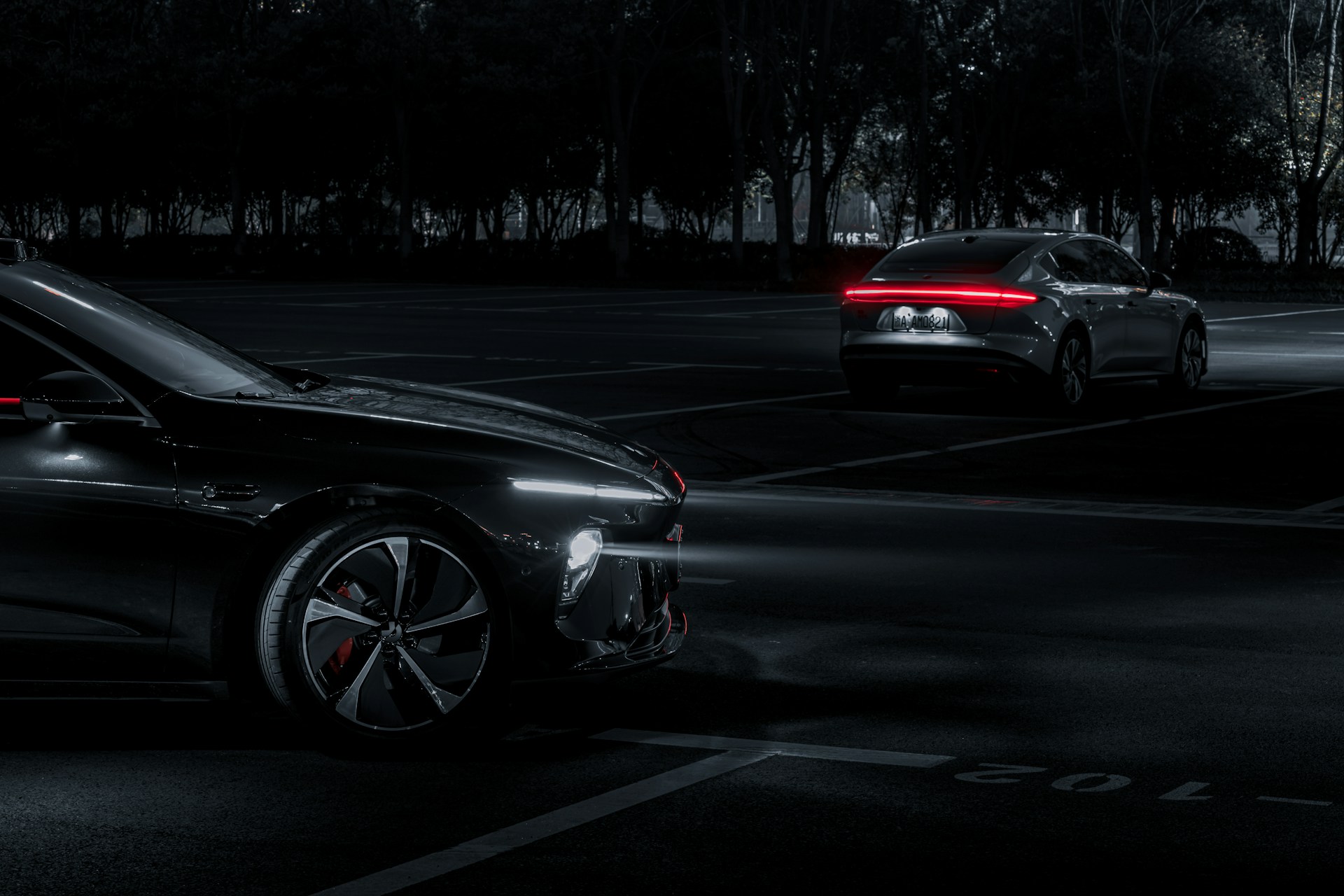
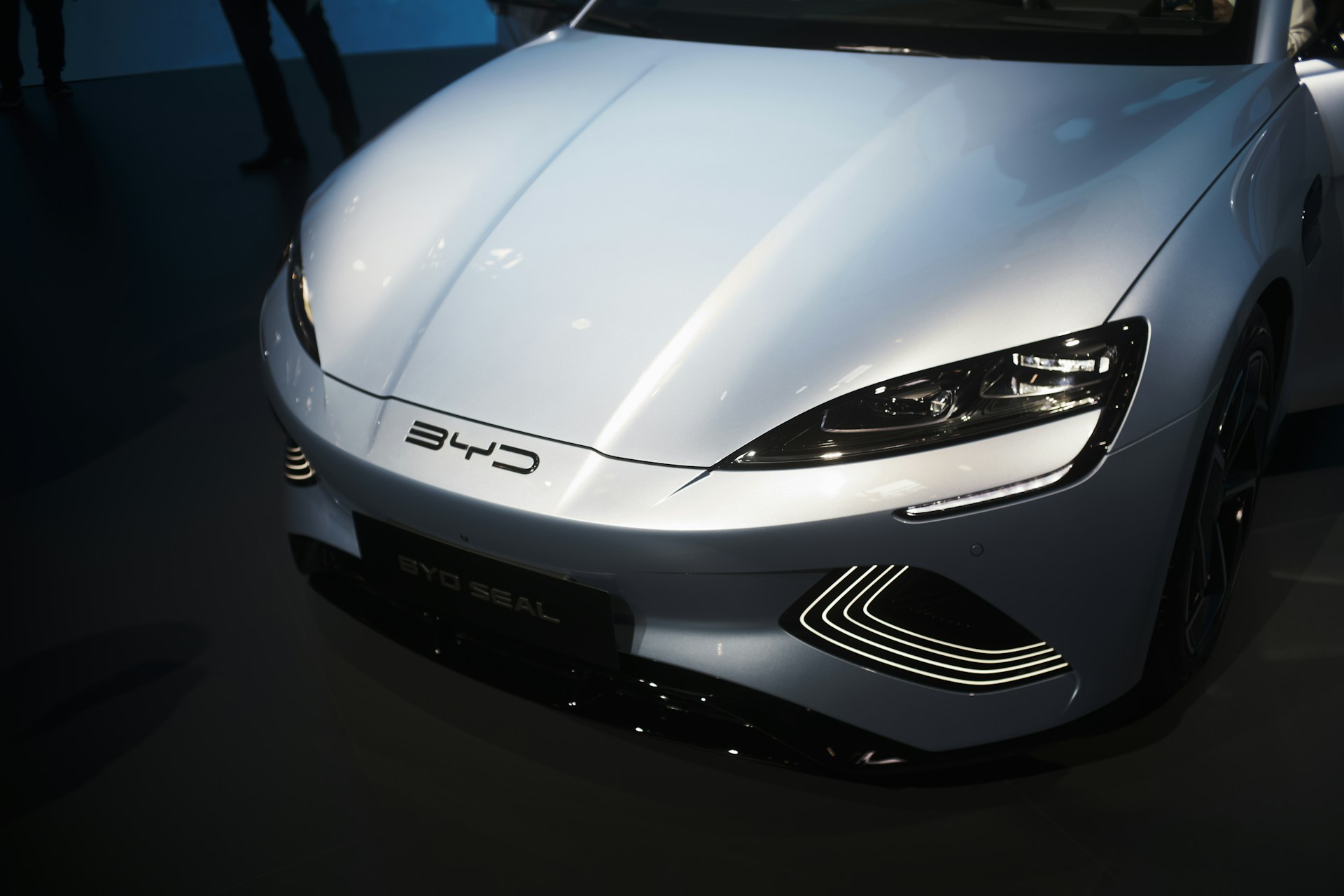
Got a Questions?
Find us on Socials or Contact us and we’ll get back to you as soon as possible.